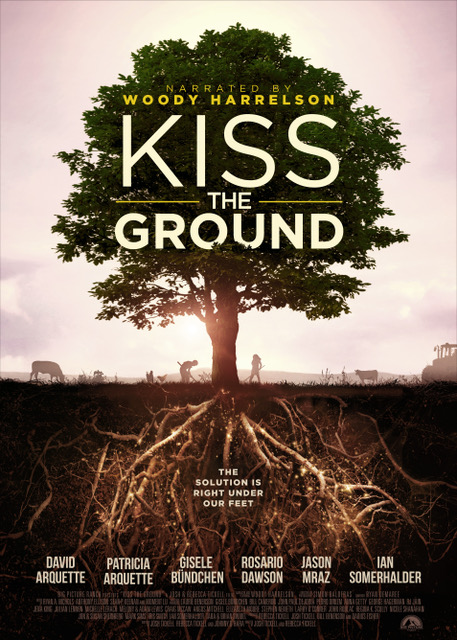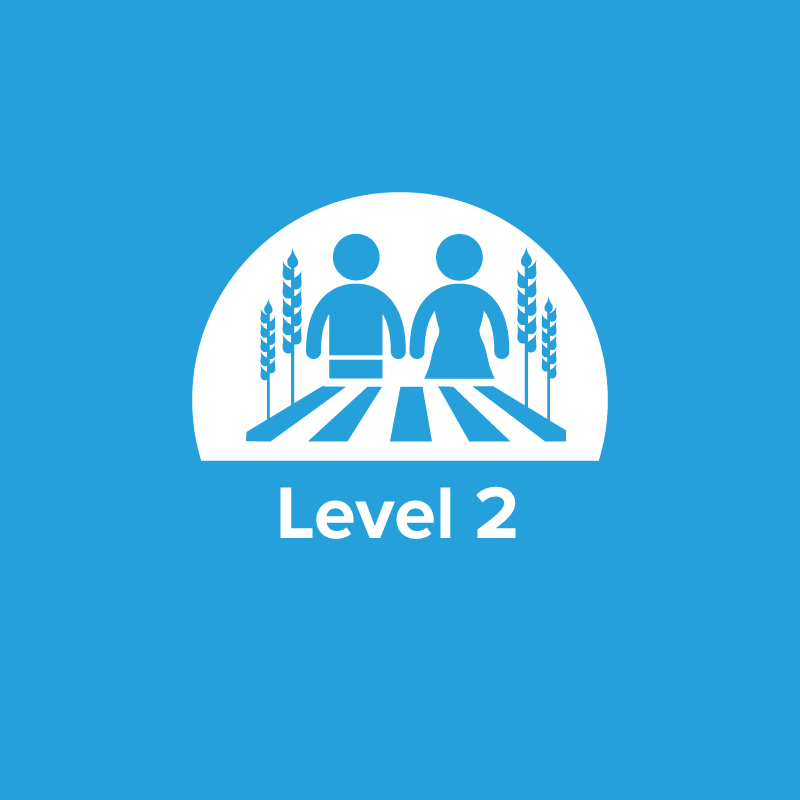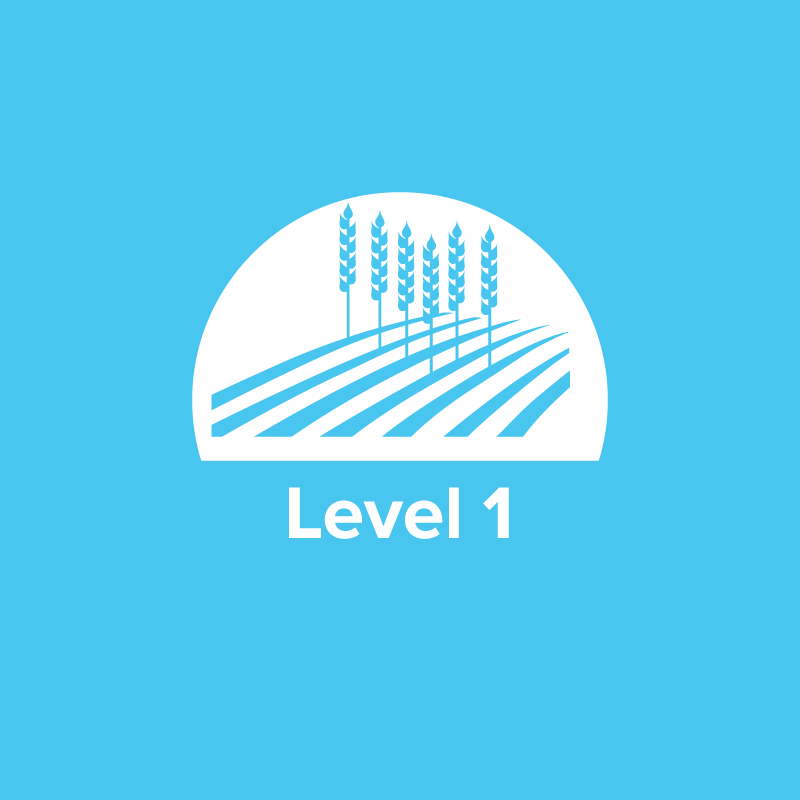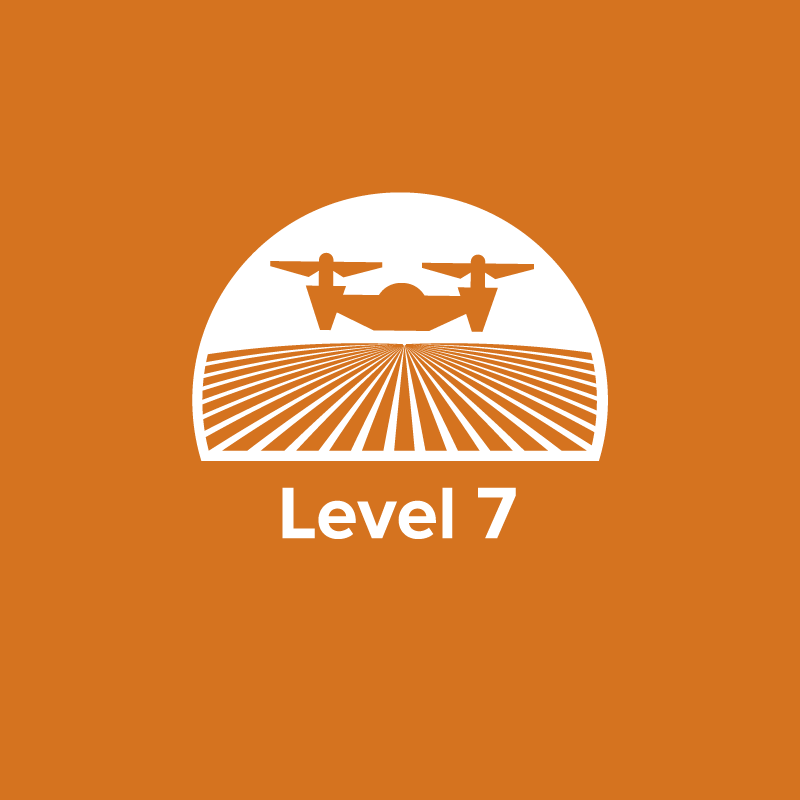
Kiss the Ground
Students will view the 2020 documentary Kiss the Ground to consider the concept of regenerative agriculture as a tool to improve soil health and overall environmental sustainability.

Students will view the 2020 documentary Kiss the Ground to consider the concept of regenerative agriculture as a tool to improve soil health and overall environmental sustainability.

Students examine the environmental footprint of food by discovering factors along the farm-to-fork process that contribute to a food's environmental footprint and discuss possible solutions to create a sustainable future through the foods we eat.

Students will recognize that arable land (ideal land for growing crops) is a limited resource, identify best management practices that can be applied to every stakeholder’s land-use decisions; and analyze and discuss the impacts of food waste on our environment.

Students evaluate the growth of human populations across time, analyze graphic data to make predictions about future population growth, research country statistics to evaluate demographic transition, and participate in a simulation of a village reliant on subsistence farming. Students begin to develop a sense for the Earth's carrying capacity and how humans have impacted it.

Students will recognize that arable land (ideal land for growing crops) is a limited resource, identify best management practices that can be applied to every stakeholder’s land-use decisions; and analyze and discuss the impacts of food waste on our environment.

Students will discuss the limited amount of fresh water on earth, identify how best management practices can reduce water consumption, discuss the need for water conservation and protection, and compare and contrast methods of irrigation for water conservation.

Students will discuss the limited amount of fresh water on earth, identify how best management practices can reduce water consumption, discuss the need for water conservation and protection, and compare and contrast methods of irrigation for water conservation.

Students will identify nitrogen, potassium and phosphorus as primary soil nutrients necessary in the production of abundant and healthy foods, describe various methods of replenishing soil nutrients that have been depleted by plant growth, discover how overall plant health impacts a plant’s ability to resist disease and pests and describe what best management practices are in agriculture to improve overall sustainability.

Students will identify nitrogen, potassium and phosphorus as primary soil nutrients necessary in the production of abundant and healthy foods, describe various methods of replenishing soil nutrients that have been depleted by plant growth, discover how overall plant health impacts a plant’s ability to resist disease and pests and describe what best management practices are in agriculture to improve overall sustainability.

Students will explore the question, “How will we sustainably feed nearly 10 billion people by the year 2050?” as they discover what sustainable agriculture is and how it is critical to securing a stable food supply and future for a growing population.

Students will explore new technologies that will impact the future of farming, understand the role of developing countries in food security, and explain how consumers influence the production of food.

Students will explore new technologies that will impact the future of farming, understand the role of developing countries in food security, and explain how consumers influence the production of food.